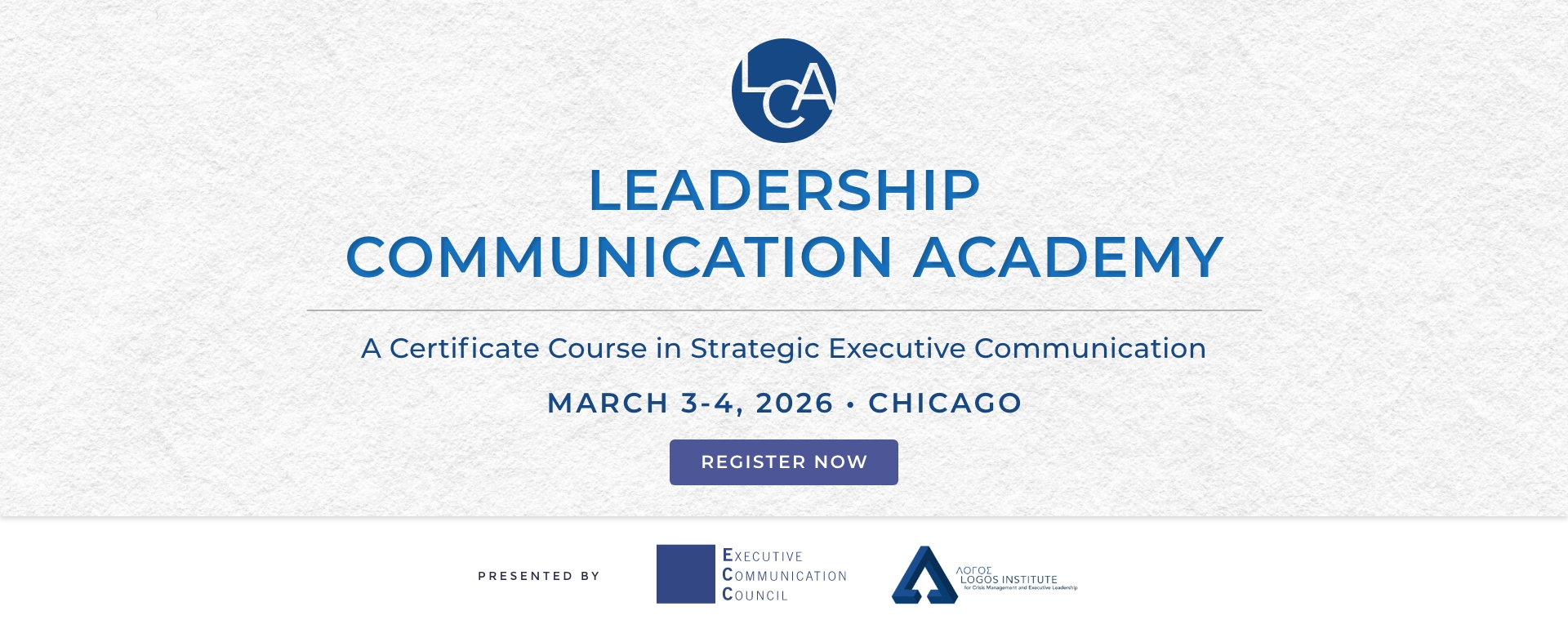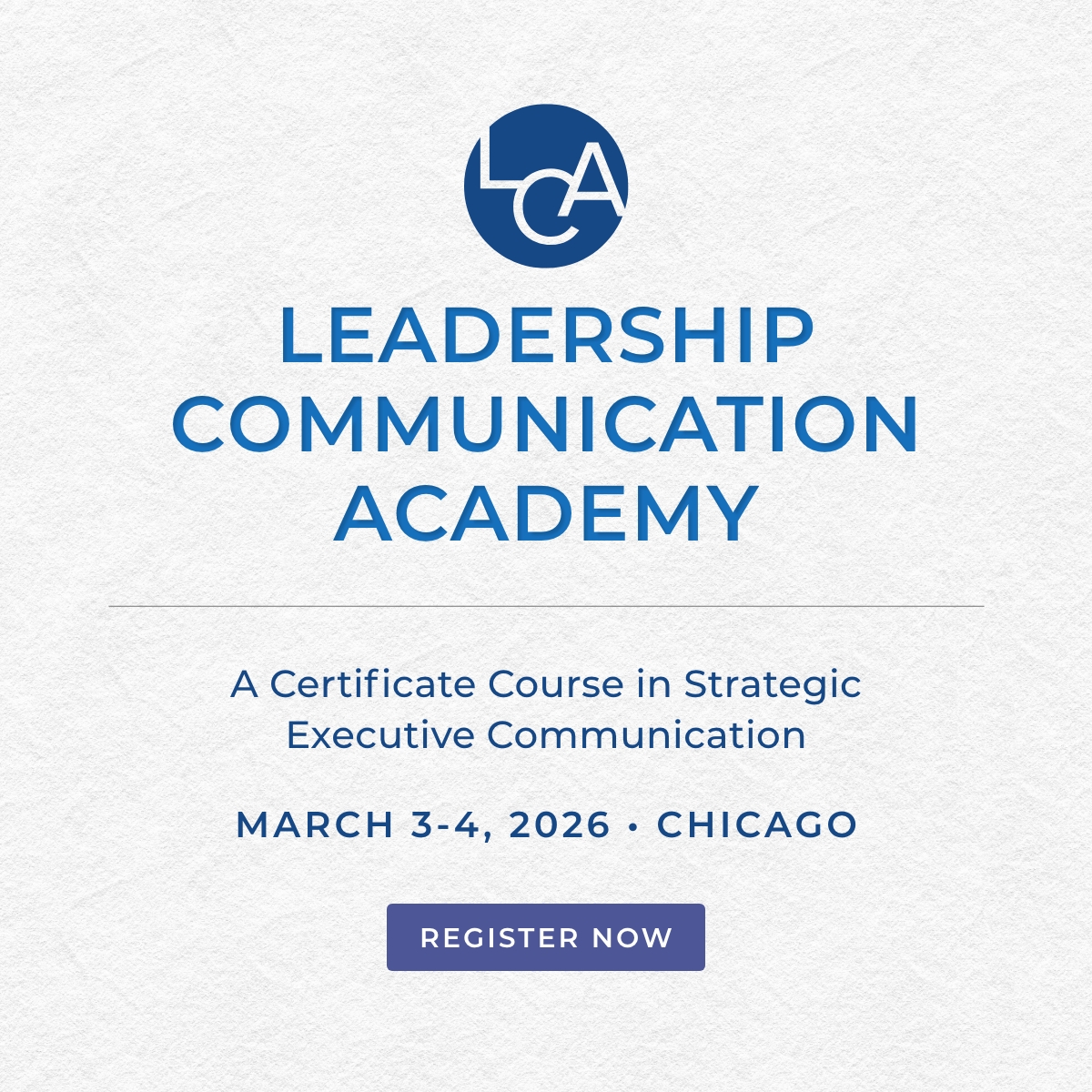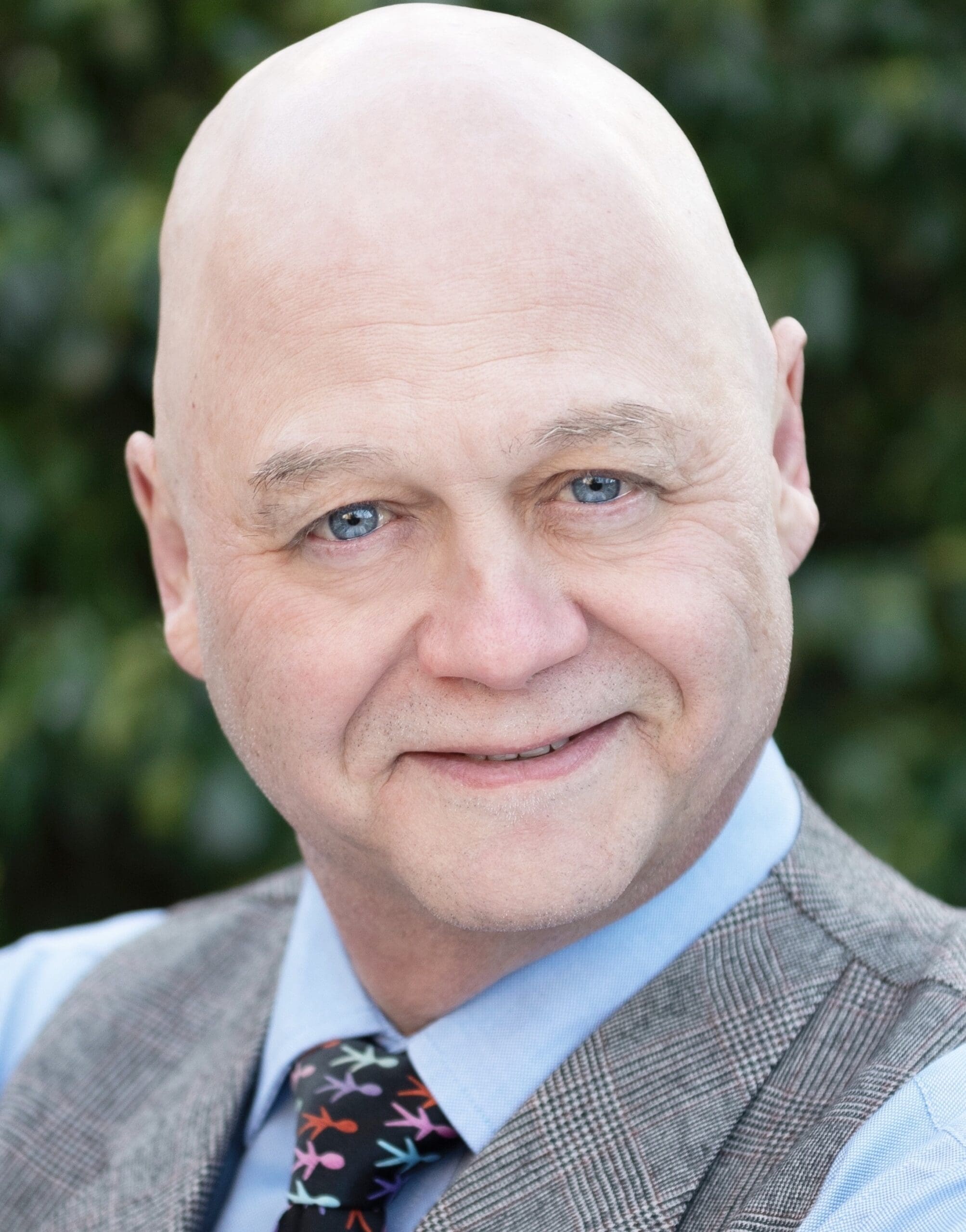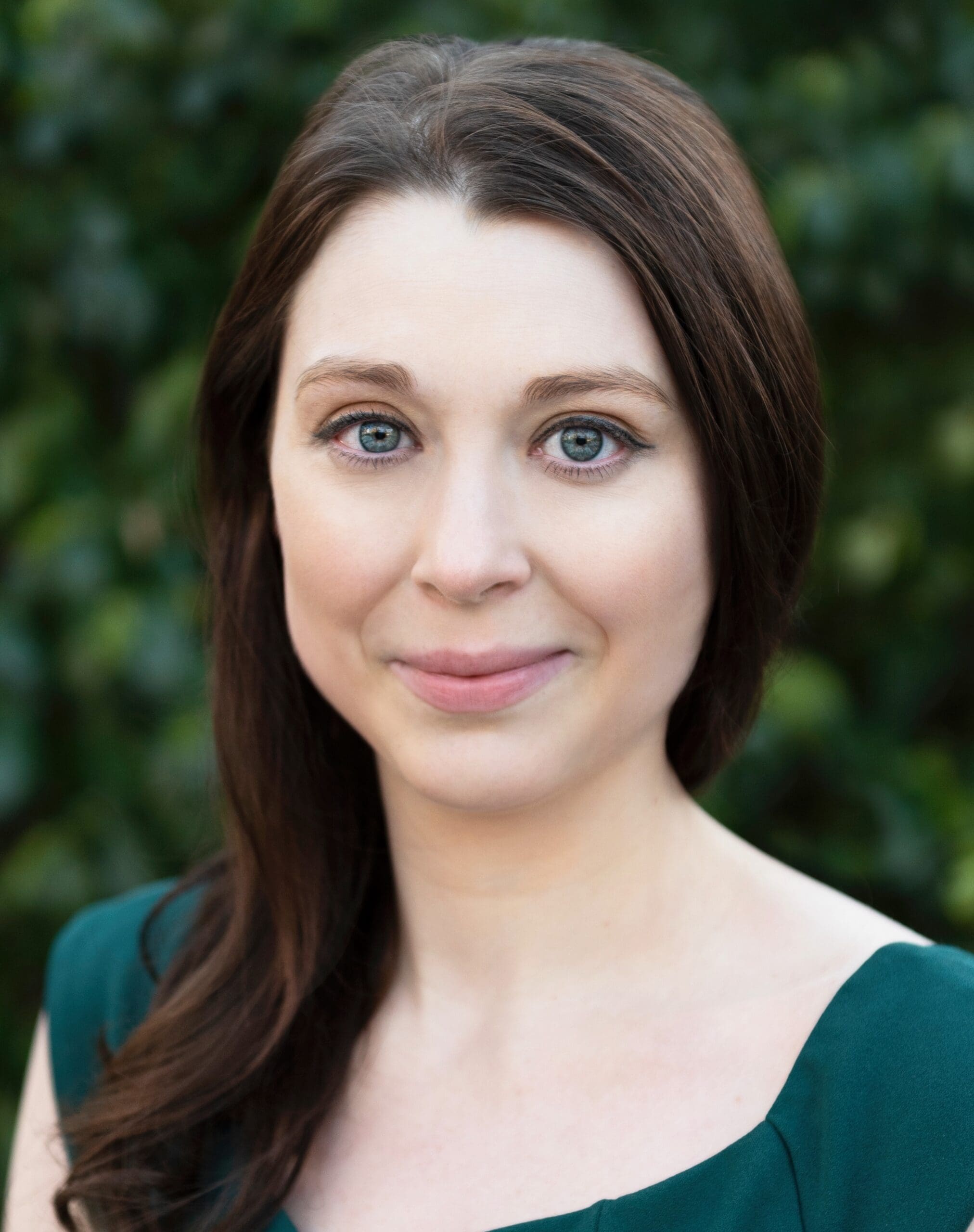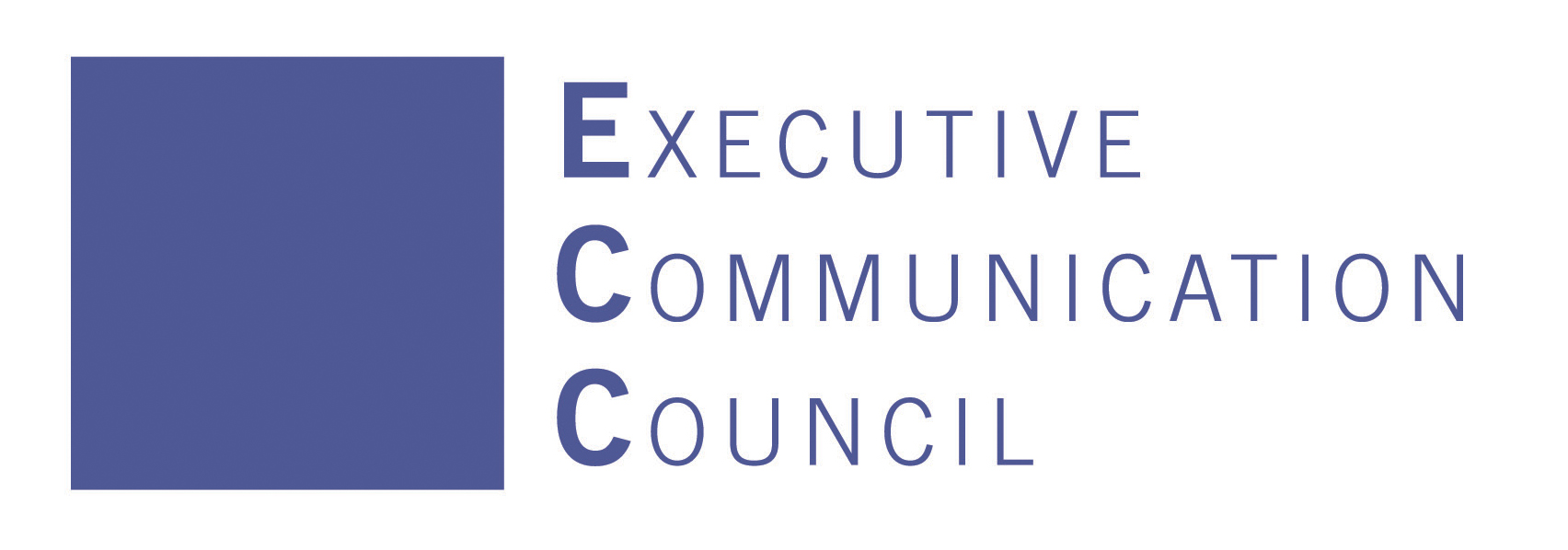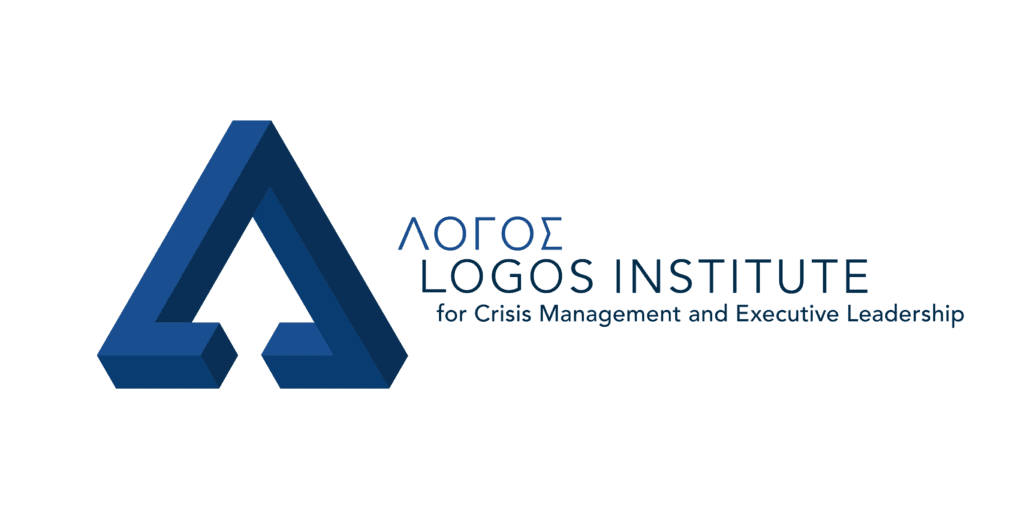Smart exec comms pros are becoming AI savvy, by learning how to use new tech tools.
Smart exec comms leaders are becoming AI proof, by learning how to think more strategically, influence their organizations more profoundly and help their executives navigate our unruly cultural, political and economic sea.
They’re doing so by attending the Leadership Communication Academy.
The Executive Communication Council and the Logos Institute for Crisis Management and Executive Leadership are proud to present the first certificate course designed specifically for executive communication professionals to enhance their ability to be genuinely strategic in their role.
Featuring renowned leadership communication coach and teacher Helio Fred Garcia, this course will transform the skills of executive communication practitioners and whole exec comms teams. And eventually, it will transform executive communication into a dramatically more powerful and effective discipline.
CURRICULUM
Communication has power to influence outcomes, to build competitive advantage for organizations, and to change society.
But all too often that power is dissipated, leading to a loss of competitive position and little return on the investment of human and other resources.
This program will teach executive communication professionals how to apply the principles of strategy to help their senior leaders advance an organization’s goals.
You’ll learn how to:
- Think clearly and strategically about every challenge you confront and opportunity that presents itself
- Define desired outcomes and organize communication to achieve them
- Deeply understand audiences and what it takes to change their behavior
- Use language more effectively to provoke behavioral change
- Enhance your ability to become a trusted advisor to all the leaders you serve
Participants will learn how to plan executive communication using a strategic communication planning tool. Every element builds on the one before, so that each tactic demonstrably creates an impact on stakeholders and helps advance an organizational goal by provoking a designed change within an audience.
Participants will also learn advanced techniques to craft communication in ways that predictably provoke the desired change within an audience. And participants will learn how to prevent or overcome the marginalization of the communication function and to earn a seat at the table as important decisions are being made.
Leadership Communication Academy is comprised of four essential modules:
I. Communicating Strategically
This module focuses on the rigor necessary to use communication to secure a business outcome. It includes:
- Defining and applying communication strategy
- Detailing a five-step process to understand the concerns, priorities, and fears of a prospective audience
- Identifying the barriers to an audience feeling, knowing, and doing what you need them to do to secure a business outcome.
- Determining what audiences need to experience in order to help you secure the business outcome
II. Becoming a Trusted Strategic Advisor
This module focuses on how communication professionals can become trusted strategic advisors to senior leaders. It covers:
- How professional communicators unwittingly marginalize themselves
- Five strategies to overcome that marginalization
- How to effectively advise non-communicators
- A practical tool to give advice quickly and effectively to senior leaders
III. Managing Meaning
This module focuses on framing: Creating the context that leads audiences to a desired conclusion. The module will show—and help you contend with and take control over—two profound communication realities:
- Facts alone are rarely persuasive
- How slightly different frames with the same facts can lead people to dramatically different conclusions
Senior executive communication leaders who sampled the Leadership Communication Academy reported that this module was the most profound game-changer in the course.
IV. Persuasive Storytelling
This module teaches how to structure communication to engage audiences by:
- Creating and maintaining dramatic tension between the current reality and desired future state
- Inspiring quicker support for ideas
- Motivating behavior change
- Fostering agreement and commitment to a cause
AGENDA
Get ready for an intensive, hands-on course with no more than 20 participants. Two full days, 8 am to 5 pm, with a one-hour lunch (provided), and several breaks.
Day 1, Morning: Communicating Strategically
- Foundations of strategy
- Applying strategy to communication
- Strategic communication planning tool
- In-class exercise
Day 1, Afternoon: Becoming a Trusted Advisor
- Why communication professionals and the communications function are often marginalized
- Strategies for preventing or overcoming marginalization
- The art of giving advice to non-communicators
- The Three-Minute Drill.(by James E. Lukaszewski, Fellow, PRSA; used with permission)
- In-class exercise
Day 2, Morning: Managing Meaning
- Understanding the importance of framing and how to create context that drives meaning
- The dangers of mis-framing or of allowing others to frame your issue
- How to effectively reframe
- Framing being about the “Why”
Day 2, Afternoon: Persuasive Storytelling
- Understanding the power of story to engage audiences.
- Stories have shapes
- The shape of a persuasive story
- In-class exercise
- Course Wrap-Up, A Path Forward, and Next Steps
INSTRUCTORS
ACADEMY PARTICIPANTS SAID …
Participants in last year’s inaugural Leadership Communication Academy raved about the quality of the instruction, and 100% agreed it would made them better communicators. Here is some of what they said:
“What a gift to have the opportunity to participate in the Leadership Communication Academy. Having a framework around which to structure many aspects of my work will be beneficial to me, my team and my organization.”
“I appreciated the reminder that taking the time to plan intentional communications is not optional—it’s an expectation for trusted comms counselors.”
“The Academy was an amazing opportunity to get out of the ‘snow globe’ of the day-to-day within my organization, and to hear the different (and similar) issues like-minded colleagues across various industries manage on the daily.”
“I left with greater skills and also greater assurance that leadership communications is important work.”
COURSE DETAILS
Format: Interactive in-class instruction and exercises that help participants master strategy and its application best practices through real-world work.
Assessment: Participants will engage in three in-room written exercises that will be assessed to determine their mastery of content.
Certificate: Participants who attend and participate in the two full days and successfully complete the in-room exercises will receive a certificate and a badge for your LinkedIn page and your email signature indicating you’ve completed Leadership Communication Academy.
Enrollment limit: Maximum, 20 participants.
Location: The Gleacher Center, University of Chicago’s Booth School of Business, Downtown Chicago.
Who Should Attend: Leadership Communication Academy is essential learning for everyone on an executive communication team, from the most senior leader to the most junior staffer.
More About the Conveners: Learn more about the Executive Communication Council, and the Logos Institute for Crisis Management and Executive Leadership.
REGISTER
Cancellations Policy
No refunds on cancellations less than 30 days before the start of event. Within 30 days, your payment will be credited toward a future Executive Communication Council or Professional Speechwriters Association event.
$2995 to attend Leadership Communication Academy on March 3-4, 2026.
Groups of 4 or more are eligible for a 25% off discount. Please inquire with Jen Mazurek ([email protected]) for details.
Phone registrations please call 312-585-6383.
A note regarding accommodations: while hotel options in Chicago are endless, we recommend booking your stay at one of these three properties which are within a 5-minute walk from the Gleacher Center (450 North Cityfront Plaza Drive, Chicago, IL 60611): InterContinental Magnificent Mile, Sheraton Grand Chicago Riverwalk, or Loews Chicago.
$2,995.00

